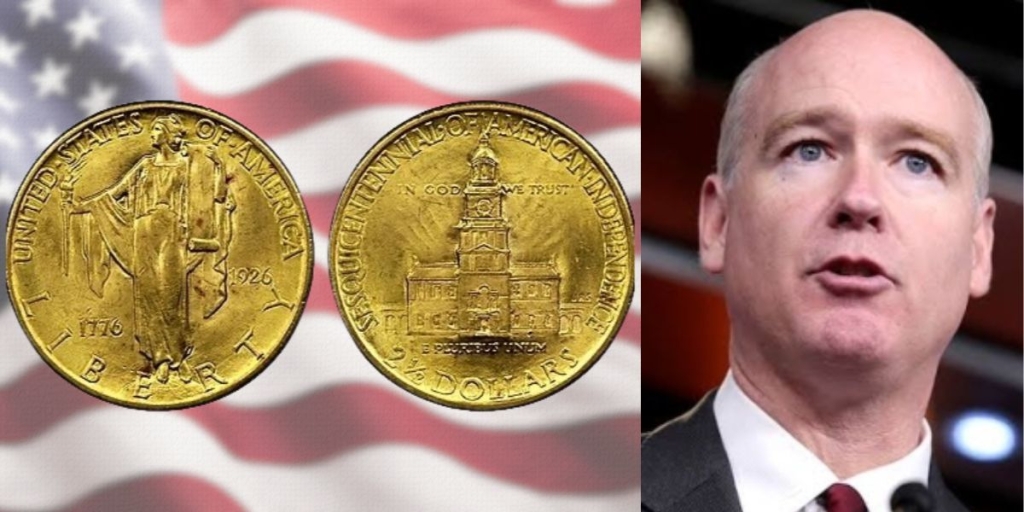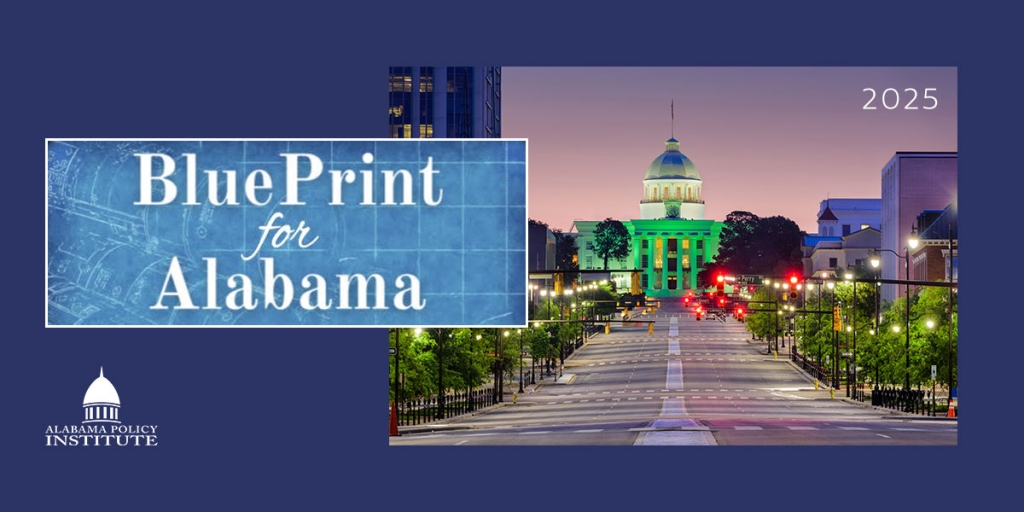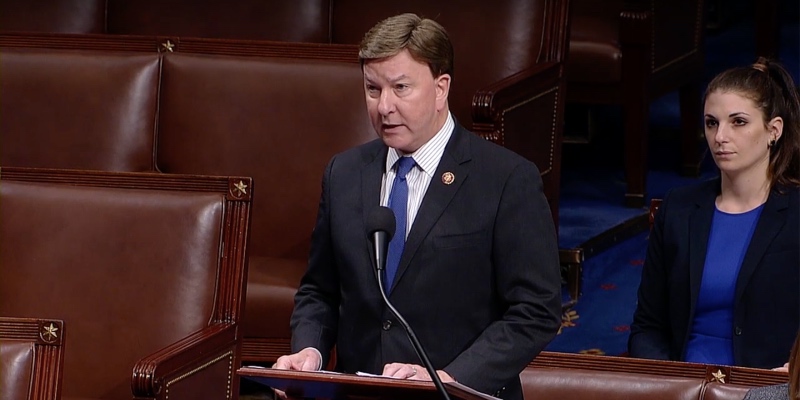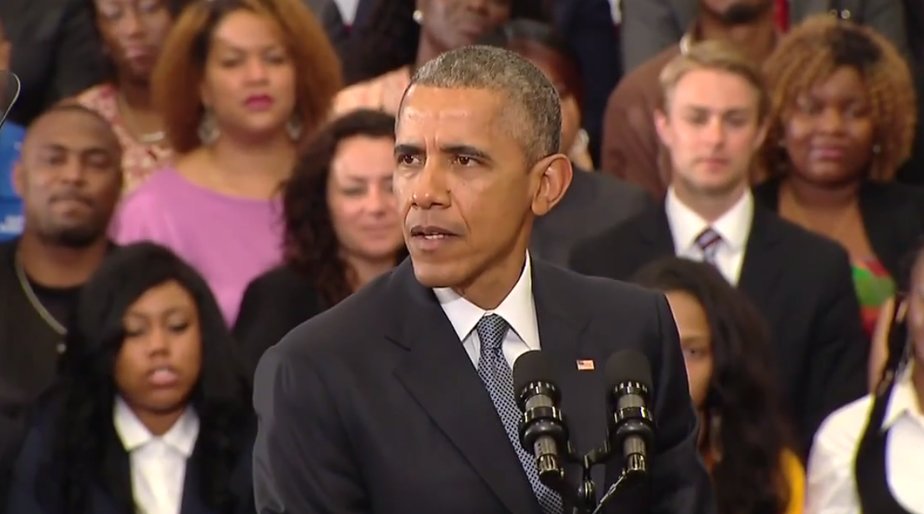
When the Alabama legislature returns from spring break next week, one of the first bills that will receive consideration would create a structure by which the state government can regulate the booming fantasy sports industry.
Over 700,000 Alabamians — roughly 20% of the state’s population over the age of 18 — played fantasy sports last year, with the vast majority participating in various NFL and NASCAR fantasy leagues.
Here’s how it works:
Season-long fantasy leagues often consist of groups of friends who play for free on websites like ESPN and Yahoo. Daily and weekly fantasy games, however, begin by team managers paying an entry fee — ranging from as little as 25 cents up to $1,000 — to compete against opponents — ranging from dozens of them, to hundreds — for a prize pool that can sometimes be as large as $2 million. Team managers bid on real-life players to assemble a roster, then win or lose based on how their fantasy players perform in real games.
Senate Bill 114 — and a companion bill in the House (HB56) — would clarify that fantasy sports are legal in Alabama and “establish the Fantasy Contests Act to regulate the operation of fantasy or simulated contests in the state.”
The fantasy sports companies are in favor of the regulation, which clarifies their legitimacy in the state and creates a transparent system of accountability.
But some interest groups in Montgomery are pushing for more onerous regulations that would make it difficult for the fantasy sports industry — which generated a jaw-dropping $4.6 billion in revenue in 2015 — to operate in Alabama.
The debate over daily fantasy sports really boils down to one fundamental question: Are they games of chance (gambling), or contests of skill?
Top tier fantasy sports players consume vast amounts of information before making their picks. Many fantasy football team managers, for instance, not only take into account surface-level statistics like receiving, passing and rushing yardage, but much more nuanced considerations. These may include how each player has historically performed against the team he is facing; how the weather may impact each player’s output; whether a player may be extra motivated against a rival; and even what time of day the game is taking place. In paid games, these deeper considerations could also include which players are relatively under-or-overvalued, based on what other players are bidding to have them on their team.
RELATED: Alabama professor: There’s a lot more skill than luck in fantasy sports (opinion)
Thousands of experts compile and analyze the data and fantasy team managers consume as much of it as possible in hopes of getting a leg up on the competition. It is for this reason that the top level fantasy leagues see their most skilled players win on a regular basis.
This is an important point, because if fantasy sports are games of chance, why is it that the best players win on a regular basis, while others never even get close?
Fantasy sports advocates point to the similarities between their contests and fishing or golf tournaments. Players pay an entry fee prior to playing. There are certain elements of chance involved. For instance, the weather could impact your round of golf differently from an opponent with a different tee time, and sometimes the fish in certain areas of a lake just happen to be biting more than in others. And yet golfers like Jason Day and anglers like Aaron Martens (of Leeds, Alabama, I might add!) win tournament after tournament. The same can be said of the top fantasy football leagues. The best players just plain win more often than their competition.
Alabama lawmakers are wise to put in place the necessary transparency and accountability to ensure a fair and enjoyable fantasy sports experience for Yellowhammer State residents. But politicians considering going further than that should tread lightly before ruining a favorite pastime of 20% of Alabama’s voting age population.












